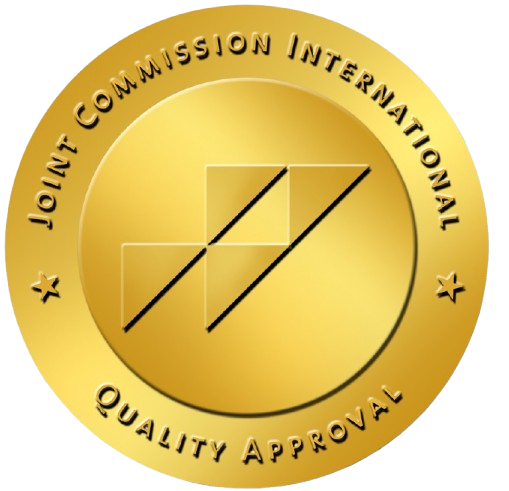Monkeypox is a viral zoonotic disease that has recently gained global attention, especially following outbreaks in parts of Africa, Europe, and North America. While traditionally confined to Central and West Africa, the virus has shown the potential for international spread. This article provides an overview of monkeypox in the context of the United Arab Emirates (UAE), including its symptoms, transmission, and the public health response by UAE authorities.
Understanding Monkeypox
Monkeypox is caused by the monkeypox virus, a member of the Orthopoxvirus genus, which also includes smallpox. It is less severe than smallpox but can cause significant illness. The disease has two genetic clades: the Central African (Congo Basin) clade, known to be more severe, and the West African clade.
Symptoms and Transmission
Typical symptoms of monkeypox include fever, headache, muscle aches, backache, swollen lymph nodes, chills, and exhaustion. One to three days after the onset of fever, patients often develop a rash, starting on the face and spreading to other parts of the body. The rash goes through different stages before finally forming a scab, which later falls off.
Transmission occurs through close contact with an infected person or animal, or with material contaminated with the virus. Human-to-human transmission is primarily via respiratory droplets, bodily fluids, lesion material, and indirect contact via contaminated clothing or linens.
Monkeypox in the UAE
As of the last update, the UAE has taken proactive measures to prevent and control the spread of monkeypox. Although the risk in the UAE is considered low, the country’s health authorities are vigilant, given the potential for international travel to introduce cases.
Public Health Response
The UAE’s Ministry of Health and Prevention (MOHAP) has established a coordinated response plan that includes:
Surveillance and Monitoring: Enhanced surveillance systems have been put in place at all entry points to the country. Travelers are screened for symptoms, and awareness campaigns focus on recognizing monkeypox.
Healthcare Preparedness: Hospitals and clinics are equipped with the necessary protocols to identify and manage suspected cases. Health professionals are trained to handle monkeypox cases, ensure infection control, and provide supportive care to patients.
Vaccination and Treatment: While there is currently no specific treatment for monkeypox, vaccines developed for smallpox have shown efficacy against monkeypox. The UAE government is assessing the need for these vaccines and potential strategic stockpiling.
Public Awareness Campaigns: The government has launched initiatives to educate the public about monkeypox, emphasizing preventive measures such as hygiene practices, safe handling of animals, and avoiding contact with infected individuals.
Conclusion
The UAE is committed to maintaining the health and safety of its population in light of emerging infectious diseases like monkeypox. Through rigorous surveillance, healthcare preparedness, and public education, the country aims to effectively manage and mitigate any potential outbreaks. As with any public health issue, staying informed and adhering to official health guidance remains crucial for individuals to protect themselves and their communities.
Emirates European Hospital in Sharjah
Al Sharq St – Al Gulai’aah – Al Sharq – Sharjah
Phone: 06 561 9444
Email: patientcare@eehospital.com



